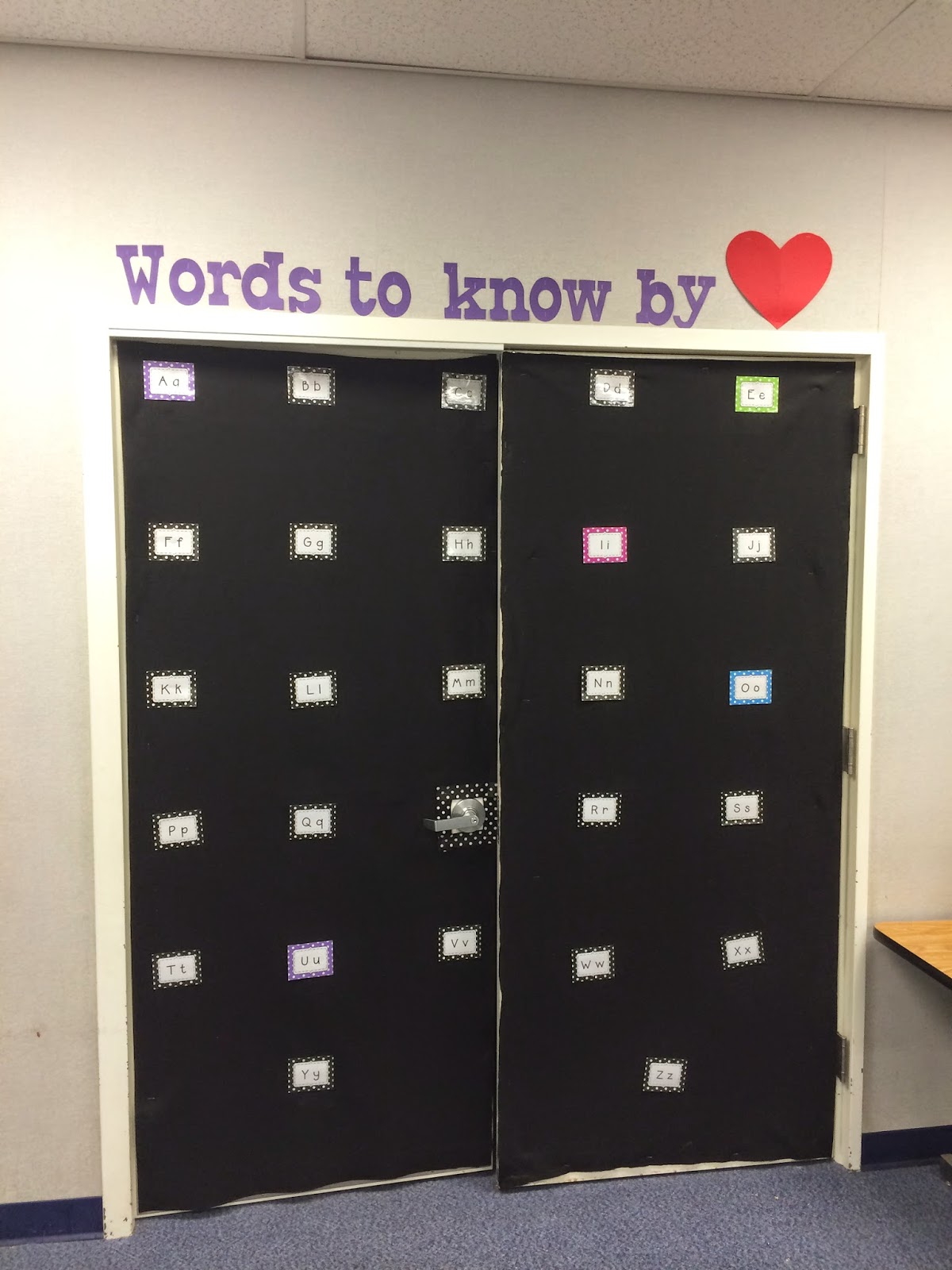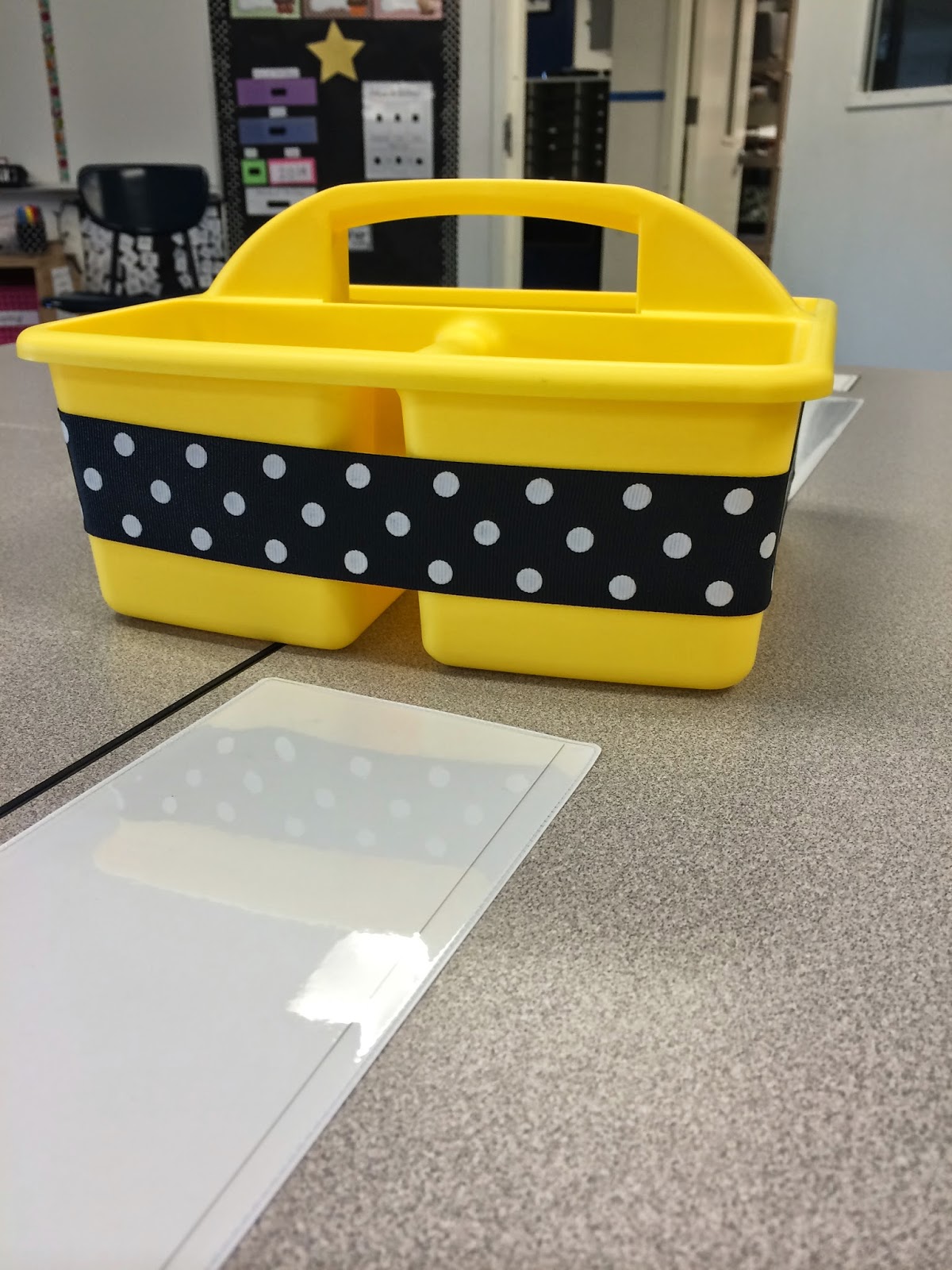Is it bad to have these thoughts? Not necessarily. Instead of thinking about it as bad or good, we can breathe a sigh of relief knowing that these kinds of thoughts are normal. But normal doesn't mean productive and normal is learned. So, can we change our brains to think positively?
I've been doing some research this summer and I've found some promising information and resources that say we can change our brains!
This year, I am teaching growth mindset in our classroom. My district has done some great things with social-emotional learning (SEL), where K-2 is on the same SEL plan and 3-5 is on the same SEL plan. While the plans are great, a pitfall I found was that when I taught 2nd grade, it felt like by the time the kiddos got to 2nd grade, the material was worn out. Now that I'm switching to 5th grade, I'm predicting that it may be the same problem. But before I dive into the what I'm doing, here is some of the research I've looked at.
Mindset Kit
https://www.mindsetkit.org/
This website was created by The Project for Education Research that Scales (PERTS), which is a research center through Stanford. It has lots of lesson plans to help you introduce mindset to your students, videos that make understanding mindset easier, and even specialized material so staff and parents.
As I walked through one of the lessons, I came across this video. It explains how the brain is malleable. The video explained this through two different studies, one with rats and another with taxi drivers. Give it a watch. It's only 2 minutes and it fascinating! If you've watched the video and are thinking, "This is great! But how to I present it to my kiddos?" Try this lesson plan, which is provided for free on Mindset Kit's website. I sound like an advertiser but I promise I'm not! :)
Carol Dweck
The Power of Believing You Can Impove
I love Ted Talks and Ted Ed. I find them to be so enriching to use in the classroom and my students love them! Don't underestimate your kid ya'll! They can totally handle Ted Talks and Ted Ed videos. But, let's refocus Kati. So. This Ted Talk is by Carol Dweck. Dweck is a motivtion researcher and psychologist. She's also kind of a badass. She's done some amazing studies and the statistics in this video are UNREAL. I've linked it above. It's about 10 minutes long and can sound a little dry but it's so full amazing stuff.
She speaks about the power of "yet". Imagine your student staring at they're math book or trying to read something hard. "I can't do it!" You can just add the word "yet". "I can't do it yet" holds a lot more power. I also love how she pushes us to praise the effort and the process rather than the talent.
"People in a growth mindset believe that anyone can be good at anything because they believe that your abilities are caused by actions. People in a fixed mindset believe that you aren't good at something based on your inherent nature. I can improve my growth mindset by believing in myself and trying my best." -Molly Gonzales (from the comments section of the Ted Talk. She sums is up so well!)Once you've looked at those resources, you may have your own track you want to follow when introducing growth mindset to your class. Here is what I've done so far and what I'm working on now to get ready for the beginning of the year.
One resource that I love is this Change your words, Change your Mindset bulletin board. I put it up in my classroom and I love it! It's such an amazing visual!
Another resource that I'm adding to my toolkit when it comes to growth mindset is having students rate their work on a 0-4 scale. I found this scale here on TeachersPayTeachers. The purpose of having them rate their work is that they might be a 0 or a 1 now, but we're going to work it until we are a 3 or a 4.
So this is where I'm at now. I don't want to necessarily overwhelm my kiddos so using the lesson from Mindset Kit and the resources I've shown above, I think that's a pretty good place to start!
What do you think? Are you interested in growth mindset? Do you believe that the brain can be changed and grow?
Kati



















































